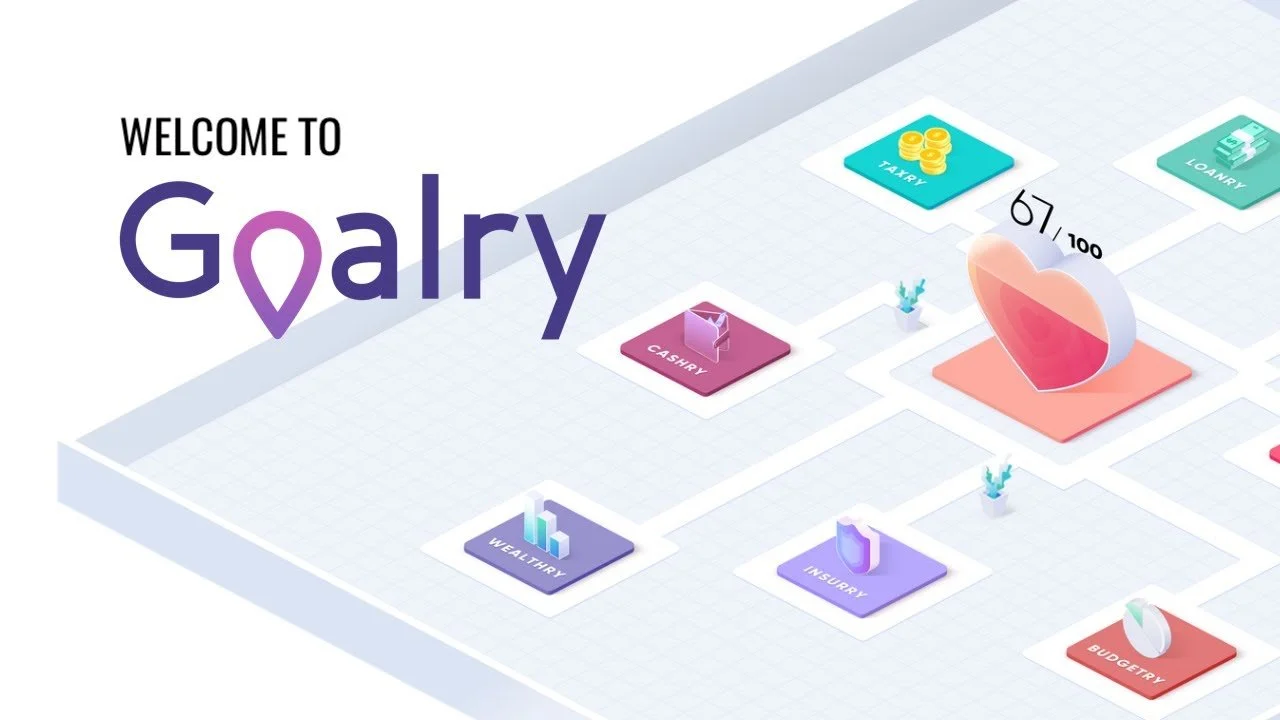How Long Does It Take To Repair Credit?
A series of unfortunate financial struggles have left you with a credit score far below what you want. You aren't alone: many millions of people are in this same boat. Thankfully, you can repair your credit score and improve your economic stability, minimizing your struggles on this front and establishing a better life and future. But just how long does it take to repair credit? The answer is very in-depth and requires a complete understanding of many points. Let's break down these elements to give you a better grasp of what to expect when repairing your credit.
How Long Does It Take To Repair Credit?
Anybody with bad credit trying to improve their financial future undoubtedly want to move as quickly as possible to repair their credit. Unfortunately, this process cannot be rushed. Forbes reports that a typical credit repair takes at least 2-3 years to finish. However, it is also possible you might have 7-10 years of work ahead of you. Why this broad range of time ranges?
Negative credit problems can affect your score in many ways. For example, a 30-day-late payment can impact your credit score from between nine months to three years. Likewise, a 90-day-late payment may linger on your score for nine months to seven years. The biggest of these issues, bankruptcy, will affect you from between 5-10 years and cause many troubles.
An aggressive credit repair process can help mitigate much of this damage and focus your financial future on recovery. That said, you need to take many steps to increase this pace. Each of these steps typically requires you to work directly with credit repair professionals who understand your situation. They'll take the time to understand your whole case better to ensure that you get the help you need.
Just as importantly, you must have more profound knowledge of what caused your bad credit score in the first place. Often, people don't understand just how much a few simple mistakes can impact their results. Examining each of these concerns will help you avoid them in the future. Just as significantly, it can help fuel your economic and credit recovery and provide a more substantial base for personal recovery.
What Causes Negative Credit?
If you're trying to improve your credit, you need to avoid poor financial choices that further worsen your score. These issues likely caused your bad credit in the first place. As a result, you need to make sure that you know how to avoid these actions. They include elements like:
Late or Defaulted Payments
About 35% of your credit score consists of your payment history. Expect a seriously poor credit score if you continually fail to make payments or even default on a loan or credit source. This situation can worsen if a charge-off is placed on your account when a creditor sees that you will not pay. This problem can profoundly impact your recovery.
Collection Accounts
Are creditors hiring collection accounts to get the money that you owe them? If so, this issue is likely to pop up very quickly on your credit score. It will linger there as long as you don't pay back this money, creating a very damaging situation for your financial future. On the other hand, paying them off will improve your credit, eventually. Usually, it takes months before they're off your account.
Bankruptcy and Foreclosures
If you file for bankruptcy or have a foreclosed home, expect your credit score to plummet heavily. This situation is often troubling because this result is likely to linger on your score for years, as mentioned previously. Do whatever you can to avoid this situation, especially when you're already trying to repair and improve your credit score.
Other Elements That can Affect Your Credit Score
Just as important as these issues are the other elements that affect your overall credit score. These include the length of time you've had poor credit, the steps you've taken to address them, and other elements that can change as you repair your credit. These include:
Credit Utilization Ratio
How much of your credit is available versus how much you owe. Lower utilization ratios result in better credit scores.
Revolving Credit Situations
Credit cards create a revolving debt situation or one you can gradually pay off while still utilizing some credit line.
Credit Types Available
Loans, credit scores, and other types of credit sources come in different types that can affect your credit score in many ways.
Talk to your financial adviser about all of these elements before attempting to repair your credit. Then, you can follow the process below to begin improving your score. Each of these steps mentioned here requires a substantial investment and an understanding of how to execute them properly.
Keep Your Credit Clean with the Creditry Store
Steps to Take to Repair Your Credit
Repairing your credit quickly requires you to understand a few of the most important steps you can take here. These simple steps help to focus your recovery and minimize potential problems at the same time. It also ensures that you maximize your possible financial future. So, make sure that you:
Check Your Credit Report for Mistakes
While not that common, you might have a few errors or mistakes in your credit score. Talk to your credit reporting company, report these mistakes, and you can repair your credit quickly. However, you still need to take other steps as well.
Create Reasonable Payment Plans
Talk to all of your creditors and create payment plans that make sense for you. For example, you may get them to lower your payments if you pay a bulk sum or try to show that you can't currently make the costs they demand.
Consider Debt Consolidation
Many companies will buy your debt and consolidate it into one lump sum, providing you with a more reasonable payment cycle. You may need to pay a lump sum to consolidate, though this ultimately results in less than you would pay otherwise.
Open a New Line of Credit
Did you know that opening a new line of credit can immediately improve your score? That's why people buying vehicles or even a home find that their score jumps. Even a new credit card can help by providing a new line of credit for your needs.
Budget Yourself Carefully
Avoid spending too much money during your recovery period. Instead, create a reasonable budget, including paying off more than your minimum costs on your credit card. Doing so should help to make this process smoother and minimize complications as well.
In a sense, repairing your credit is more than just a simple financial change. It requires a total adjustment of your lifestyle that will take some time to execute correctly. So pay attention to these simple factors and find a credit repair team or lender who can help you with this sometimes complex process.
Goalry Can Help You Repair Your Credit
At Goalry, we understand how troubling bad credit can be for the average person. However, we know that you want to live a good and happy life and need help repairing your score. That's why we've created our high-quality service! Our team can help to hook you up with lenders and credit repair specialists who understand your situation and who will work with and not against you in this process.
Our simple-to-use application lets you sort through different lenders and financial experts, identifying which makes the most sense for you. You can start by downloading our app, creating a profile, and using its search option to find various financial professionals. Then, filter through them using our sophisticated technology and contact them right away to get started on your path towards financial success.
Understand that we are not lenders who can help you improve your credit. Instead, our goal is to give you a better understanding of the lending options on the market and which make the most sense for your needs. By working with us, you can get a vital source of financial support and overcome the problematic and long-term issues caused by poor credit scores. You deserve this change.
Conclusion
Now that we've answered the question, "how long does it take to repair credit?" you need to get out there and actively improve your score. Only you can take the necessary steps to improve your financial future and become a happier and more secure person. But, just as importantly, you need to make sure you take steps to avoid falling into the trap of bad credit again in the future.
Did you have a hard time with credit cards and got caught in a repayment loop? Limit yourself to just one card with a small max. Were you someone who spent more than you could afford on various quality-of-life issues? Talk with a financial adviser before making any purchases. By taking your credit seriously and minimizing errors, you put yourself in a higher position for success.




